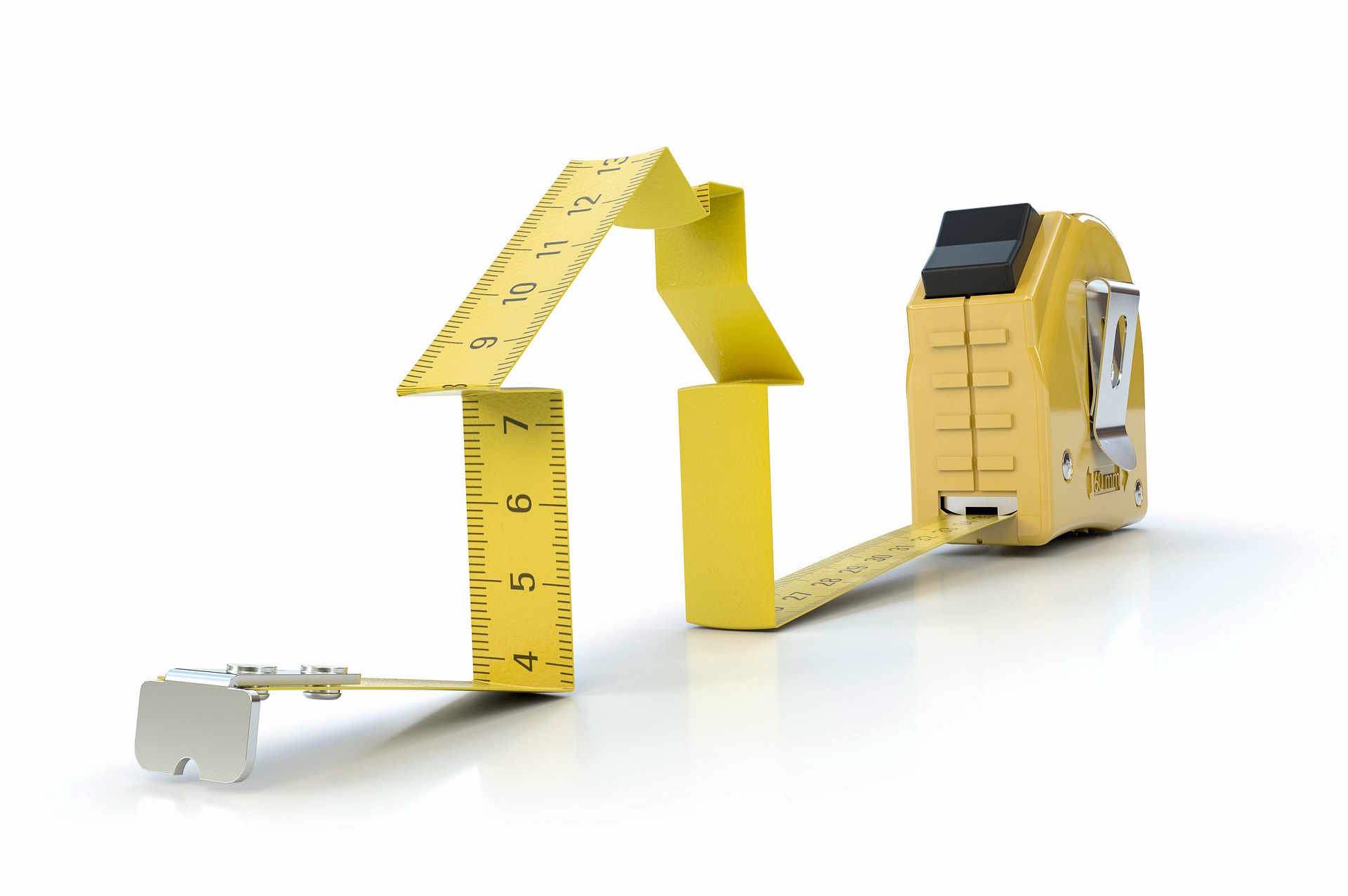How to Calculate Your Home’s Value Accurately
Determining the accurate value of your home is crucial for various reasons, from refinancing to selling or simply understanding your largest asset. This comprehensive guide will walk you through the process of calculating your home's value, providing you with the tools and knowledge to make informed decisions about your property.

What are the basics of understanding home value?
Home value, also known as market value, is the estimated amount a property would sell for in the current real estate market. Understanding this concept is essential for homeowners, buyers, and sellers alike. Several factors contribute to a home’s value, including location, size, condition, and recent sales of comparable properties in the area.
To begin assessing your home’s value, start by researching recent sales of similar homes in your neighborhood. Look for properties with comparable square footage, number of bedrooms and bathrooms, and overall condition. This initial step will give you a rough idea of where your home stands in the local market.
How can online home valuation tools help?
Online home valuation tools have become increasingly popular and accessible in recent years. These tools use algorithms and public data to estimate a property’s value based on various factors. While not always 100% accurate, they can provide a useful starting point for understanding your home’s worth.
Some popular online valuation tools include:
-
Zillow’s Zestimate
-
Redfin’s Estimate
-
Realtor.com’s Home Value Estimator
To use these tools effectively, input accurate information about your property, including recent upgrades or renovations. Keep in mind that online estimates can vary widely and should be used as a reference point rather than a definitive value.
What factors influence home worth?
Several key factors can significantly impact your home’s value. Understanding these elements can help you better assess your property’s worth and potentially identify areas for improvement:
-
Location: Proximity to amenities, school districts, and neighborhood desirability play crucial roles in determining value.
-
Property size and usable space: The total square footage and layout of your home can greatly affect its worth.
-
Age and condition: Newer homes or those in excellent condition typically command higher values.
-
Upgrades and renovations: Recent improvements, especially in kitchens and bathrooms, can boost a home’s value.
-
Market conditions: Local real estate trends, supply and demand, and economic factors all influence property values.
-
Comparable sales: Recent sales of similar properties in your area provide a benchmark for your home’s value.
How can a professional appraisal enhance accuracy?
While online tools and personal research are helpful, a professional appraisal offers the most accurate assessment of your home’s value. Licensed appraisers use their expertise and in-depth knowledge of local markets to provide a detailed evaluation of your property.
During an appraisal, the professional will:
-
Inspect your home’s interior and exterior
-
Measure the property and evaluate its overall condition
-
Research recent comparable sales in the area
-
Consider unique features or improvements
-
Compile a comprehensive report with their findings
Professional appraisals are particularly valuable when refinancing, selling, or dealing with complex property situations. While they come at a cost, the accuracy and credibility of a professional appraisal can be well worth the investment.
What role do real estate agents play in valuation?
Real estate agents can provide valuable insights into your home’s value through a Comparative Market Analysis (CMA). A CMA is a detailed report that compares your property to similar homes recently sold in the area.
Agents use their local market knowledge and access to Multiple Listing Service (MLS) data to create a CMA. This analysis typically includes:
-
Recent sales of comparable properties
-
Current listings in your area
-
Pending sales
-
Expired listings
While not as formal as a professional appraisal, a CMA can offer a realistic estimate of your home’s value based on current market conditions. Many agents provide this service for free, especially if you’re considering selling your home.
How can you improve your home’s value?
Understanding your home’s current value is just the first step. If you’re looking to increase your property’s worth, consider these strategies:
-
Enhance curb appeal: Improve landscaping and exterior appearance.
-
Upgrade key areas: Focus on kitchen and bathroom renovations.
-
Increase energy efficiency: Install new windows, insulation, or solar panels.
-
Maintain and repair: Address any structural issues or necessary repairs promptly.
-
Add usable space: Finish a basement or convert an attic into living space.
Remember that not all improvements will yield equal returns on investment. Research which upgrades are most valued in your local market before making significant changes.
In conclusion, accurately calculating your home’s value involves a combination of research, online tools, and professional expertise. By understanding the factors that influence property worth and utilizing available resources, you can gain a comprehensive picture of your home’s value. Whether you’re planning to sell, refinance, or simply want to stay informed about your largest asset, this knowledge empowers you to make smart decisions about your property.




